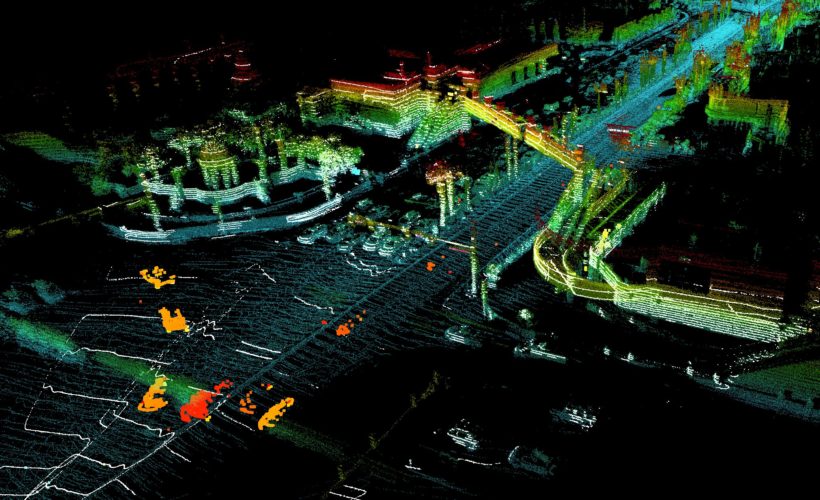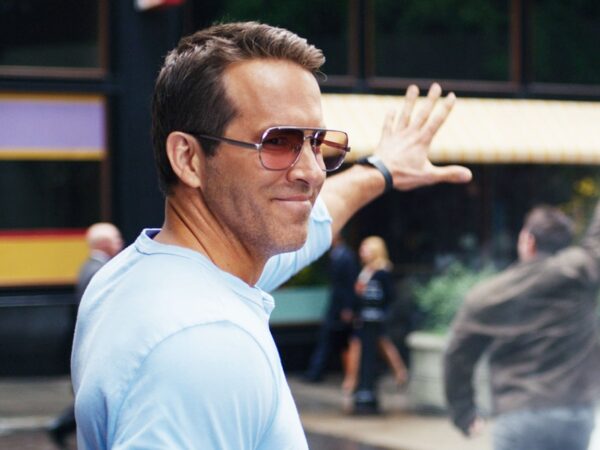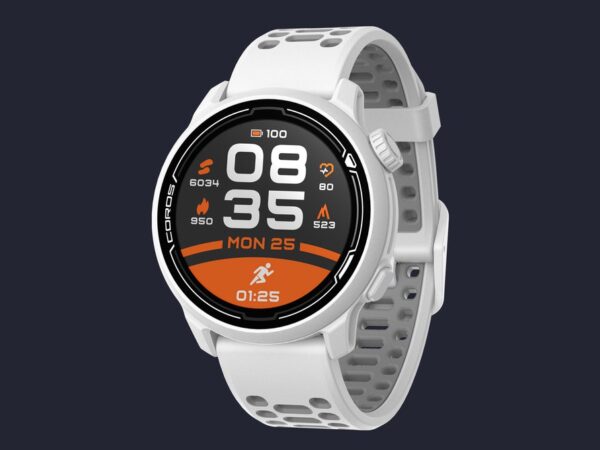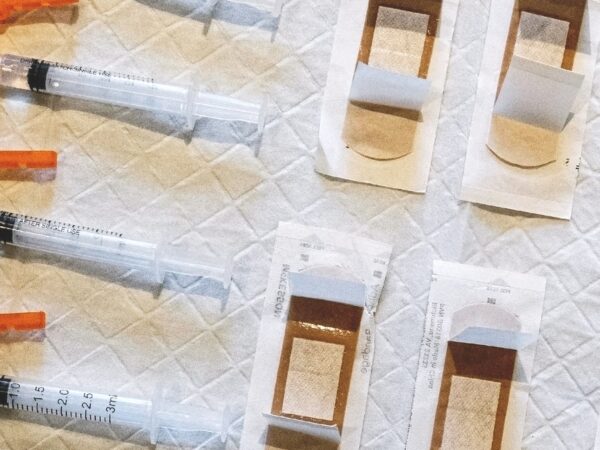In the race to develop a technology that, at its root, is about teaching robots how to understand their surroundings, Aurora just bought itself a fresh set of eyeballs. The developer of self-driving car technology announced Thursday it’s acquiring lidar maker Blackmore, whose laser scanning tech offers the unusual and very helpful ability not just to detect nearby objects, but to discern their velocity. The parties declined to disclose the terms of the deal.
In self-driving, the problems don’t get any bigger than perception. If a robot can reliably know what’s around it, deciding what to do—whether to turn the wheel and which pedal to work, for example—gets a whole lot easier. That’s what has fueled a booming market for lidar which, according to one report, will be generate more than $8 billion in annual revenue in 2032.
It also explains why Blackmore’s technology stands out among the scores of lidar makers vying for the business of Aurora and its competitors. The Bozeman, Montana-based outfit, which started up a decade ago to do work for the defense industry, uses a “frequency modulated continuous wave” system, also known as a Doppler lidar. When the infrared light hits an object and bounces back, the system determines both how far away it is (based on how long the round trip takes, like any lidar system) and its velocity. Knowing where something is headed and how fast is prized data. It means that if your lidar doesn’t find that object again a millisecond later—hard to guarantee when you’re cruising down the highway and tracking things 250 meters away or more—it can still make a good guess about where it is and where it’s going. Blackmore has at least one Doppler lidar competitor in Aeva, founded in early 2017 by a pair of former Apple engineers.
Aurora, led by a trio of self-driving industry veterans, has teams in Pittsburgh, Palo Alto, and San Francisco.
“These guys are the real deal,” Aurora CEO Chris Urmson says of Blackmore. “They’ve got technology we think no one else has.” The deal requires regulatory approval because Urmson is Canadian.
Urmson led Google’s self-driving car team through its early years, and cofounded Aurora in late 2016 with Sterling Anderson, who helmed the development of Tesla’s Autopilot system, and Drew Bagnell, a machine learning specialist who spent time with Uber’s autonomy wing. The startup hasn’t said much about its business model, but has partnerships with Volkswagen, Hyundai, and electric car startup Byton. In February, it landed $530 million in Series B funding, a round led by Sequoia Capital and joined by Amazon. That cash made the Blackmore deal feasible, Urmson says.
The Blackmore team will stay in Bozeman, but work closely with Aurora’s perception engineers (based in Palo Alto, San Francisco, and Pittsburgh) once the deal is done, Urmson says. Together, they should find the balance between the kind of data that’s most helpful for a robot learning to drive, and what’s possible in the realm of physics. Eventually, they’ll face the question that has beguiled every lidar maker trying to scale up its production: how to mass produce a lidar that can withstand the rigors of the road, without making it so expensive that not even the hardest-working robo-taxi could amortize its cost.
Aurora is just the latest of its ilk to buy its own lidar maker. In October 2017, GM’s Cruise acquired Strobe and Ford-funded Argo AI snatched up Princeton Lighƒtwave. Waymo, the company born of the Google effort Urmson cofounded, spent millions of dollars and years developing its own laser system, and in 2017 tried to sue Uber into oblivion to protect its IP. (They settled after a year-long legal brouhaha.) Meanwhile, startup Luminar has signed deals with two dozen customers, including Toyota, Volvo, Audi, and VW. And the granddaddy of automotive lidar, Velodyne, whose spinning sensor made its debut at the 2005 Grand Challenge, makes sensors for more than 250 customers, including Uber and many smaller self-driving developers.
Not everyone thinks lasers are key to cracking self-driving. Anthony Levandowski, the engineer at the center of the Waymo-Uber fight, has a new autonomous trucking company that’s all about using deep learning and camera-based vision to navigate the world. Elon Musk has called lidar “laaaaame” and insists his Tesla cars will be “fully self-driving” in the near future without the pew-pew. It’s a tempting vision, because cameras are already cheap and reliable. Self-driving truck startup TuSimple has developed a camera system that can identify and track other vehicles up to 1,000 meters away, much farther than any lidar senses. Lidar makers, meanwhile, have struggled to find a setup that balances range, resolution, reliability, cost, and the ability to scale up manufacturing.
Urmson, though, speaks for most in autonomy when he says lidar is still a vital tool for making the technology real. Perhaps someday, deep learning software will change that. For now, Aurora’s sticking with the traditional recipe—and doing whatever it can to improve the ingredients.
More Great WIRED Stories
- A dystopian vision of the future: toxic but candy sweet
- Can a test tell you which pills to pop with just a prick?
- What the college scandal shallowfakes say about the rich
- Melinda Gates to tech: Wake up to women’s empowerment
- My wild ride in a robot race car
- ? Things not sounding right? Check out our favorite wireless headphones, soundbars, and bluetooth speakers
- ? Want more? Sign up for our daily newsletter and never miss our latest and greatest stories
Source:WIRED









